
下载亿题库APP
联系电话:400-660-1360

下载亿题库APP
联系电话:400-660-1360

请谨慎保管和记忆你的密码,以免泄露和丢失

请谨慎保管和记忆你的密码,以免泄露和丢失

PART VI
SECTION A
READING COMPREHENSION (30 MIN)
READING COMPREHENSION (25 MIN)
In this section there are four passages followed by questions or unfinished statements, each with four suggested answers marked A, B, C and D. Choose the one that you think is the best answer.
Mark your answers on your answer sheet.
TEXT A
It often happens that a number of applicants with almost identical qualifications and experience all apply for the same position. In their educational background, special skills and work experience, there is little, if anything, to choose between half a dozen candidates. How then does the employer make a choice? Usually on the basis of an interview. There are many arguments for and against the interview as a selection procedure. The main argument against it is that it results in a wholly subjective decision. As often as not, emplyers do not choose the best candidate, they choose the candidate who makes a good first impression on them. Some employers, of course, reply to this argument by saying that they have become so experienced in interviewing staff that they are able to make a sound assessment of each candidate's likely performance. The main argument in favour of the interview – and it is, perhaps, a good argument – is that an employer is concerned not only with a candidate's ability, but with the suitability of his or her personality for the particular work situation. Many employers, for example, will overlook occasional inefficiencies from their secretary provided she has a pleasant personality. It is perhas true to say, therefore, that the real purpose of an interview is not to assess the assssable aspects of each candidate but to make a guess at the more intangible things, such as personality, character and social ability. Unfortunately, both for the employers and applicants for jobs, there are many people of great ability who simply do not interview well. There are also, of course, people who interview extremely well, but are later found to be very unsatisfactory employees. Candidates who interview well tend to be quietly confident, but never boastful; direct and straightforward in their questions and answers; cheerful and friendly, but never over-familiar; and sincerely enthusiastic and optimistic. Candidates who interview badly tend to be at either end of the spectrum of human behaviour. They are either very shy or over-confident. They show either a lack of enthusiasm or an excess of it. They either talk too little or never stop talking. They are either over-polite or rudely abrupt. 66. We can infer from the passage that an employer might tolerate his secretary's occasional mistakes, if the latter is ________. A. directB. cheerfulC. shyD. capable 67. What is the author's attitude towards the interview as a selection procedure? A. Unclear.B. Negative.C. Objective.D. Indifferent. 68. According to the passage, people argue over the interview as a selection procedure mainly because they have ________. A. different selection proceduresB. different puposes in the interview C. different standards for competenceD. different experiences in interviews 69. The purpose of the last paragraph is to indicate ________. A. a link between success in interview and personality B. connections between work abilities and personality C. differences in interview experience D. differences in personal behaviour
TEXT B
Every year thousands of people are arrested and taken to court for shop-lifting. In Britain alone, about HK$3,000,000's worth of goods are stolen from shops every week. This amounts to something like HK$150 million a year, and represents about 4 per cent of the shops' total stock. As a result of this "shrinkage" as the shops call it, the honest public has to pay higher prices. Shop-lifters can be divided into three main categories: the professionals, the deliberate amateur, and the people who just can't help themselves. The professionals do not pose much of a problem for the store detectives, who, assisted by closed circuit television, two-way mirrors and various other technological devices, can usually cope with them. The professionals tend to go for high value goods in parts of the shops where security measures are tightest. And, in any case, they account for only a small percentage of the total losses due to shop-lifting. The same applies to the deliberate amateur who is, so to speak, a professional in training. Most of them get caught sooner or later, and they are dealt with severely by the courts. The real problem is the person who gives way to a sudden temptation and is in all other respects an honest and law-abiding citizen. Contrary to what one would expect, this kind of shop-lifter is rarely poor. He does not steal because he needs the goods and cannot afford to pay for them. He steals because he simply cannot stop himself. And there are countless others who, because of age, sickness or plain absent-mindedness, simply forget to pay for what they take from the shops. When caught, all are liable to prosecution, and the decision whether to send for the police or not is in the hands of the store manager. In order to prevent the quite incredible growth in ship-lifting offences, some stores, in fact, are doing their best to separate the thieves from the confused by prohibiting customers from taking bags into the store. However, what is most worrying about the whole problem is, perhaps, that it is yet another instance of the innocent majority being penalized and inconvenienced because of the actions of a small minority. It is the aircraft hijack situation in another form. Because of the possibility of one passenger in a million boarding an aircraft with a weapon, the other 999,999 passengers must subject themselves to searches and delays. Unless the situation in the shops improves, in ten years' time we may all have to subject ourselves to a body-search every time we go into a store to buy a tin of beans! 70. Why does the honest public have to pay higher prices when they go to the shops? A. There is a "shrinkage" in market values.B. Many goods are not available. C. Goods in many shops lack variety.D. There are many cases of shop-lifting. 71. The third group of people steal things because they ________. A. are mentally illB. are quite absent-minded C. can not resist the temptation.D. can not afford to pay for goods 72. According to the passage, law-abiding citizens ________. A. can possibly steal things because of their poverty B. can possibly take away goods without paying C. have never stolen goods from the supermarkets D. are difficult to be caught when they steal things 73. Which of the following statements is NOT true about the main types of shop-lifting? A. A big percentage of the total losses are caused by the professionals. B. The deliberate amateurs will be punished severely if they get caught. C. People would expect that those who can't help themselves are poor.
D. The professionals don't cause a lot of trouble to the store detectives. 74. The aircraft hijack situation is used in order to show that ________. A. "the professionals do not pose much of a problem for the stores" B. some people "somply forget to pay for what they take from the shops" C. "the honest public has to pay higher prices" D. the third type of shop-lifters are dangerous people
TEXT C
My bones have been aching again, as they often do in humid weather. They ache like history: things long done with, that still remain as pain. When the ache is bad enough it keeps me from sleeping. Every night I yearn for sleep, I strive for it; yet it flutters on ahead of me like a curtain. There are sleeping pills, of course, but the doctor has warned me against them. Last night, after what seemed hours of damp turmoil, I got up and crept slipperless down the staris, feeling my way in the faint street light that came through the window. Once safely arrived at the bottom, I walked into the kitchen and looked around in the refrigerator. There was nothing much I wanted to eat: the remains of a bunch of celery, a blue-tinged heel of bread, a lemon going soft. I've fallen into the habits of the solitary; my meals are snatched and random. Furtive snacks, furtive treats and picnics. I made do with some peanut butter, scooped directly from the jar with a forefinger: why dirty a spoon? Standing there with the jar in one hand and my finger in my mouth, I had the feeling that someone was about to walk into the room – some other woman, the unseen, valid owner – and ask me what in hell I was doing in her kitchen. I've had it before, the sense that even in the course of my most legitimate and daily actions – peeling a banana, brushing my teeth – I am trespassing. At night the house was more than ever like a stranger's. I wandered through the front room, the dining room, the parlour, hand on the wall for balance. My various possessions were floating in their own pools of shadow, denying my ownership of them. I looked them over with a burglar's eye, deciding what might be worth the risk of stealing, what on the other hand I would leave behind. Robbers would take the obvious things – the silver teapot that was my grandmother's, perhaps the hand-painted china. The television set. Nothing I really want. 75. The author could not fall asleep because ________. A. it was too damp in the bedroom B. she had run out of sleeping pills C. she was in very poor health D. she felt very hungry 76. The author did not like the food in the refrigerator because it was NOT ________. A. freshB. sufficientC. nutritiousD. delicious 77. By "At night the house was more than ever like a stranger's" (Line 1, Para. 4), the author probably means that ________. A. the house was too dark at night B. ther were unfamiliar rooms in the house C. she felt much more lonely at night
D. the furniture there didn't belong to her
TEXT D
The chief problem in coping with foreign motorists is not so much remembering that they are different from yourself, but that they are enormously variable. Cross a frontier without adjusting and you can be in deep trouble. One of the greatest gulfs separating the driving nations is the Atlantic Ocean. More precisely, it is the mental distance between the European and the American motorist, particularly the South American motorist. Compare, for example, an English driver at a set of traffic lights with a Brazilian. Very rarely will an Englishman try to anticipate the green light by moving off prematurely. You will find the occasional sharpie who watches for the amber to come up on the adjacent set of lights. However, he will not go until he receives the lawful signal. Brazilians view the thing quite differently. If, in fact, they see traffic lights at all, they regard them as a kind of roadside decoration. The natives of North America are much more disciplined. They demonstrate this in their addiction to driving in one lane and sticking to it – even if it means settling behind some great truck for many miles. To prevent other drivers from falling into reckless ways, American motorists try always to stay close behind the vehicle in front which can make it impossible, when all the vehicles are moving at about 55 mph, to make a real lane change. European visitors are constantly falling into this trap. They return to the Old World still flapping their arms in frustration because while driving in the State in their car they kept failing to get off the highway when they wanted to and were swept along to the next city. However, one nation above all others lives scrupulously by its traffic regulations – the Swiss. In Switzerland, if you were simply to anticipate a traffic light, the chances are that the motorist behind you would take your number and report you to the police. What is more, the police would visit you; and you would be convicted. The Swiss take their rules of the road so seriously that a diver can be ordered to appear in court and charged for speeding on hearsay alone, and very likely found guilty. There are slight regional variations among the French, German and Italian speaking areas, but it is generally safe to assume that any car bearing a CH sticker will be driven with a high degree of discipline. 78. The fact that the Brazilians regard traffic lights as a kind of roadside decoration suggests that ________. A. traffic lights are part of street scenery B. they simply ignore traffic lights C. they want to put them at roadsides D. there are very few traffic lights 79. The second and third paragraphs focus on the difference between ________. A. the Atlantic Ocean and other oceans B. English drivers and American drivers. C. European drivers and American drivers. D. European drivers and South American drivers. 80. The phrase "anticipate the green light" (Line 1, Para. 3) is closest in meaning to ________.
A. wait for the green light to be on B. forbid others to move before the green light C. move off before the green light is on D. follow others when the green light is on SECTION B SKIMMING AND SCANNING (5 MIN)
In this section there are seven passages with a total of ten multiple-choice questions. Skim or scan them as required and then mark your answers on your answer sheet.
TEXT E
First read the following question. 81. This paper will mainly discuss ________. A. China's economic policies in general. B. China's special economic zones. C. significance of investment in China D. China's recent development. Now, go through TEXT E quickly and answer question 81. Over the past decade, there have been a lot of changes in China's economic policies. Like other developing countries which are attempting to become more export-orientated, China has started to set up free trade zones. These zones are called "Special Economic Zones" (SEZ's) and feature various incentives designed to encourage foreign investment. What is the significance of these zones? Have they really played an important role in the development of significance of these zones? Have they really played an important role in the development of the economy of China? In this paper I first describe the background to the establishment of these zones. Then I describe some of the aims and characteristics of the SEZ's. Lastly, I attempt to assess the significance of the SEZ's in the development of the wider Chinese economy.
TEXT F
First read the following question. 82. This is a letter of ________. A. introductionB. apologyC. complaintD. recommendation Now, go through TEXT F quickly and answer question 82. June 15,200 Dear Sir, Your shipment of twelve thousand "Smart" watches was received by our company this morning. However, we wish to make a number of complaints concerning the serious delay in delivery and your failure to carry out our instructions with regard to this order. Late delivery of the goods has caused us to disappoint several of our most valued customers. The second complaint concerns the mismatch in colour between the watches we ordered and those delivered. As a result of the above problems, therefore, we feel that the most suitable course of action is
to return to you unpaid any of the goods considered unsatisfactory. We look forward to your prompt reply. Yours sincerely, Marks Swift Managing Director, Johnson & Sons Ltd.
TEXT G
First read the following question. 83. The purpose of the pamphlet is to show ________. A. how much money the card holder can take at a cash machine B. how many more benefits the card holder can now enjoy C. how card holders can use cash machines of other banks D. how travelers canuse cash machines when abroad Now, go through TEXT G quickly and answer question 83. NEW DESIGN, MORE BENEFITS Here is your new Cashpoint Card. You can use it in exactly the same way as your present card, and the Plus sign means you can take money from your account at even more cash machines. At any of the 2,400 Lloyds Bank Cashpoint machines in the UK you can take out up to £200 a day so long as there is enough money in your account and check how much money is in your account, and order a new statement. You can also use the cash machines of the Bank of Scotland, Barclays Bank and the Royal Bank of Scotland. When you are abroad, you can take out up to £200 a day in local currency from most machines with a VISA or Plus sign-so long as there is enough money in your account.
TEXT H
First read the following question. 84. From its contents' page, we know that the book mainly discusses ________. A. German development policy. B. German rural develpment. C. German development assistance. D. German development agencies. Now, go through TEXT H quickly and answer question 84. Contents Chapter One Basic elements: Principles and general framework of German development policy 1 Domestic conditions and development:
Basic criteria for German development policy 6 Chapter Two Priority concerns of German development policy: Povery, education, environmental protection 9 Poverty 11 Strategies for reducing poverty 13 Education 18 Environmental protection and resource conservation 33 Chapter Three Implementation of German development policy: Organization, instruments and procedures 50 Bilateral German development assistance 58 Financial cooperation 63 Technical cooperation 68 Manpower cooperation 71 Development assistance at EU level 76 Multilateral development assistance 81
TEXT I
First read the following questions. 85. Where is the museum's main entrance? A. On the third floor.B. On the fourth floor.C. On the fifth floor.D. On the sixth floor. 86. If you want to see stuffed fish and birds, which floor should you go to? A. The third floor.B. The fourth floor.C. The fifth floor.D. The sixth floor. Now, go through TEXT I quickly and answer questions 85 and 86. The Museum of Natural History is one of the most interesting museums at the University of Kansas. The museum opened in 1903, and its first exhibit was L. L. Dyche's collection of stuffed animals. Today, the museum has over 130 exhibits on four floors. The first thing visitors see from the museum's main entrance on the fourth floor is a very large display called a panorama. This exhibit of North American plants and animals was L. L. Dyche's collection. Down one floor is a large collection of fossils found in the Kansas area. On the fifth floor, visitors can learn about North American Indians. Going up one more floor, visitors can see a working beehive, live snakes, stuffed fish and birds, and many other displays of Kansas plants and animals.
TEXT J
First read the following questions. 87. Wher is Cambridge? A. In the North End in Boston.B. In the suburbs of Boston. C. Near Beacon Hill in Boston.D. Near Faneuil Hall in Boston. 88. How do most people get around in Boston? A. By the subway.B. By car.C. By bus.D. On foot.
Now, go through TEXT J quickly and answer questions 87 and 88. Boston is a beautiful big city with historical landmarks, museums and cultural sites. There are a number of fine arts venues and more than 50 colleges and universities in the area, including Harvard in Cambridge, one of the bigger Botson suburbs. To see 372-year-old Boston, put on your tennis shoes and tour the streets on foot. Most of the city's sights can be seen within a five-square-mile area in the North End, the historic center of the city. Most people use the city's subway to get around. From Faneuil Hall to Beacon Hill to Harvard, Paul Revere's house or the site of the Boston Massacre, visitors can find a huge chunk of the nation's heritage in one afternoon.
TEXT K
First read the following questions. 89. How many exhibits does Old Shoes Museum have? A. About 780.B. About 501.C. About 1000. D. About 930. 90. Which of the following can NOT be seen inside the aquarium? A. The Oriental TV Tower. B. The underwater viewing tunnel. C. Large themed exhibition areas. D. More than 10,000 precious fish. Now, go through TEXT K quickly and answer questions 89 and 90. CITY TOURS Old Shoes Museum Bai Lu Tang, the only comprehensive museum of old shoes in China, is the best place to appreciate the history of Chinese footwear and its place in national culture. Among more than its place in national culture. Among more than 1,000 pieces, the most representative are the three-inch embroidered shoes, accessories and old photos. These rare treasure are very artistic and enjoyable. Yang Shaorong, the curator, has exhibited his collection in countries like Canada and Singapore. Place:? Room 501, No 8, Lane 780,Hongzhou Lu TEL: 64460977,64450432 Time: 9:30 am-5:30 pm Ocean Aquarium The Ocean Aquarium, located near the Oriental TV Tower, is one of the largest in Asia, and features the longest underwater viewing tunnel at 155metres. The aquarium is divided into eight zones with 28 large themed exhibition areas, displaying more than 300 species and a total of more than 10,000 precious fish around the world. Place:? 158YinchengBeilu,Pudong TEL: 5879988 Time: 9:00 am-9:00 pm
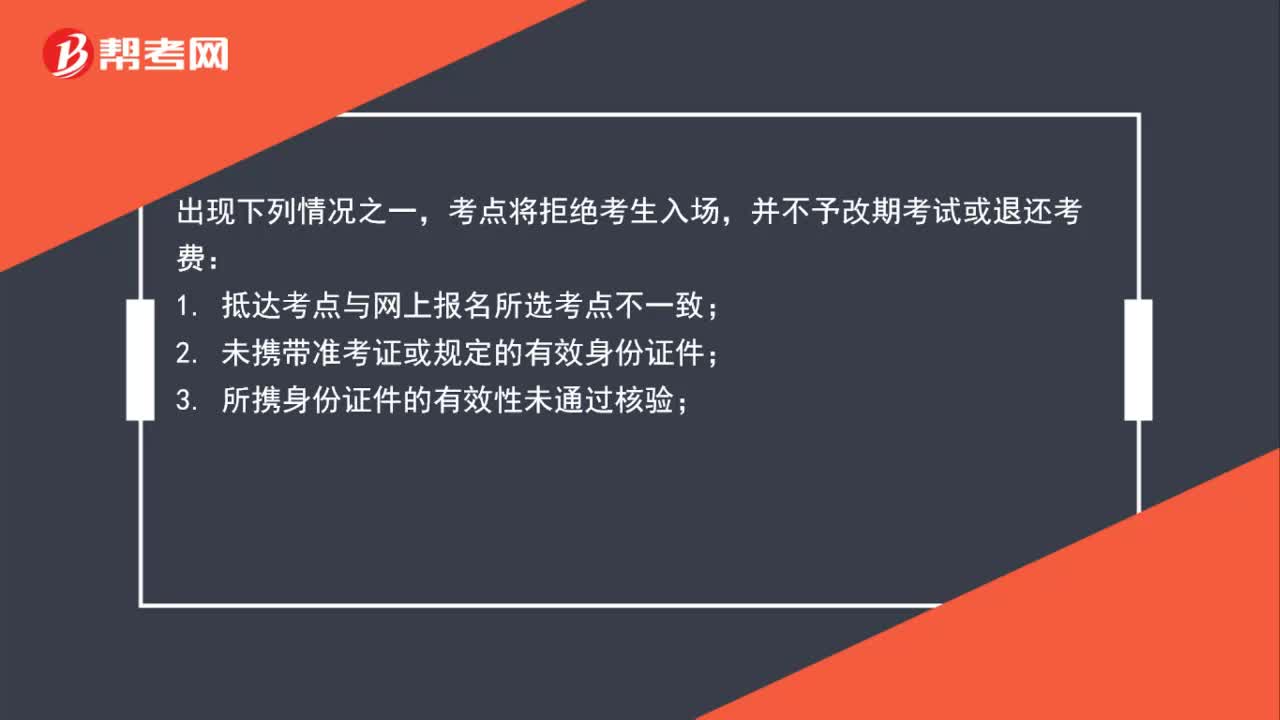 79
79为什么商务英语考试中有的考生不允许入场?:为什么商务英语考试中有的考生不允许入场?考点将拒绝考生入场,并不予改期考试或退还考费:1. 抵达考点与网上报名所选考点不一致;2. 未携带准考证或规定的有效身份证件;3. 所携身份证件的有效性未通过核验;4. 身份证件类型和号码与所持准考证显示信息不符;5. 身份证件相片与本人明显不符;6. 未按准考证规定时间到达考场;7. 不服从监考人员的管理,扰乱考场秩序。
 21
21需要具备怎样的基础才能备考商务英语BEC中级?:商务英语中级需要有大学英语四级到六级的水平。
 30
30学习商务英语BEC初级需要具备怎样的基础?:学习商务英语BEC初级需要具备怎样的基础?根据BEC考试大纲的要求,学习BEC初级需要有公共英语四级的水平。
 01:06
01:062022-04-07
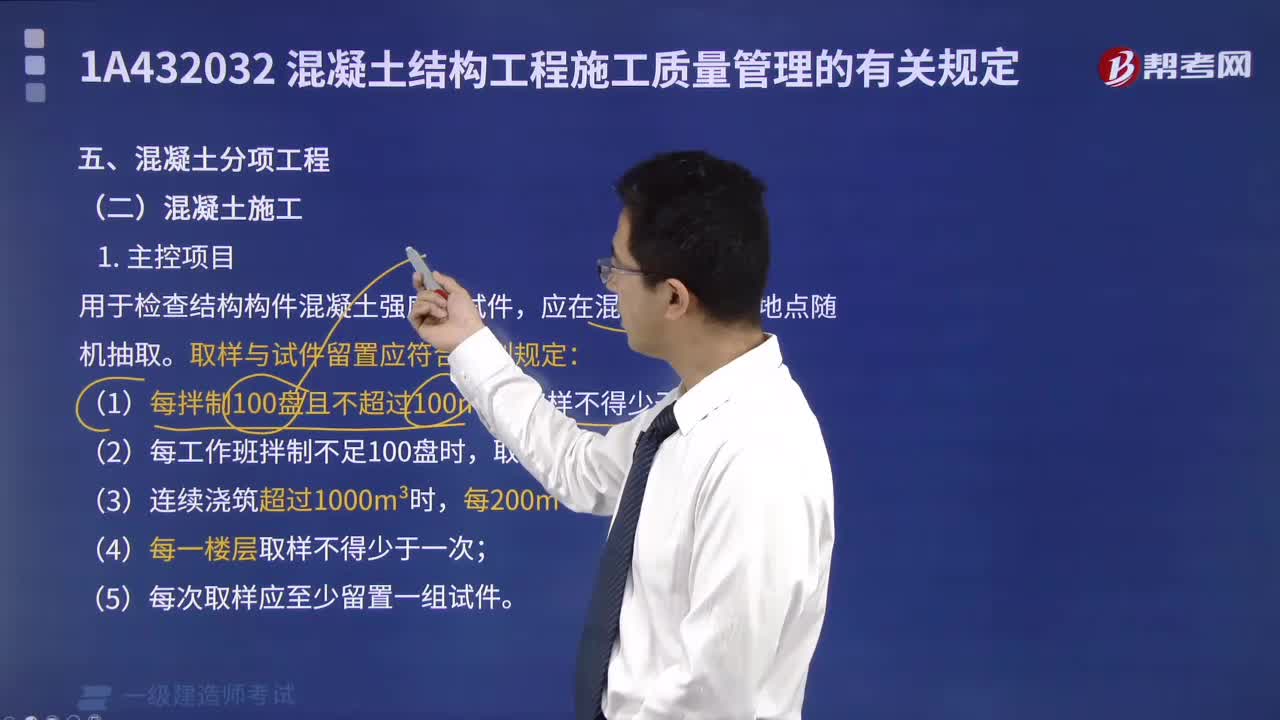 02:49
02:492022-04-07
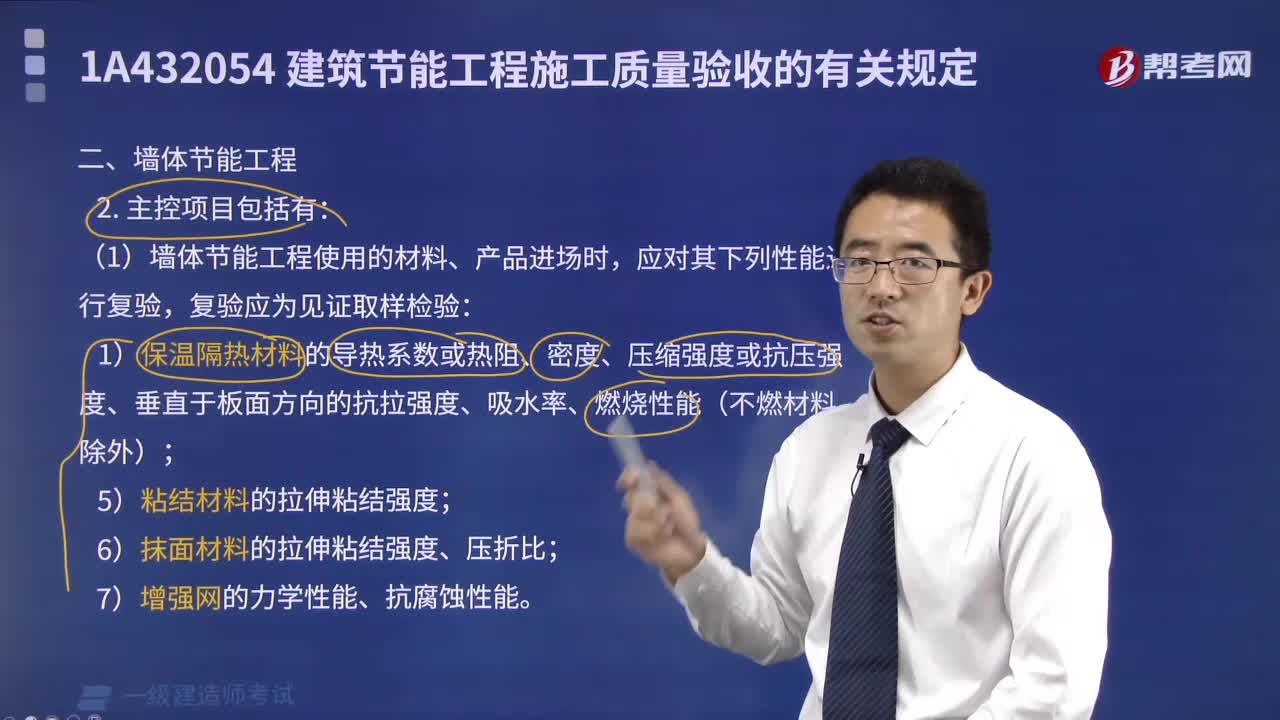 03:02
03:022022-04-07
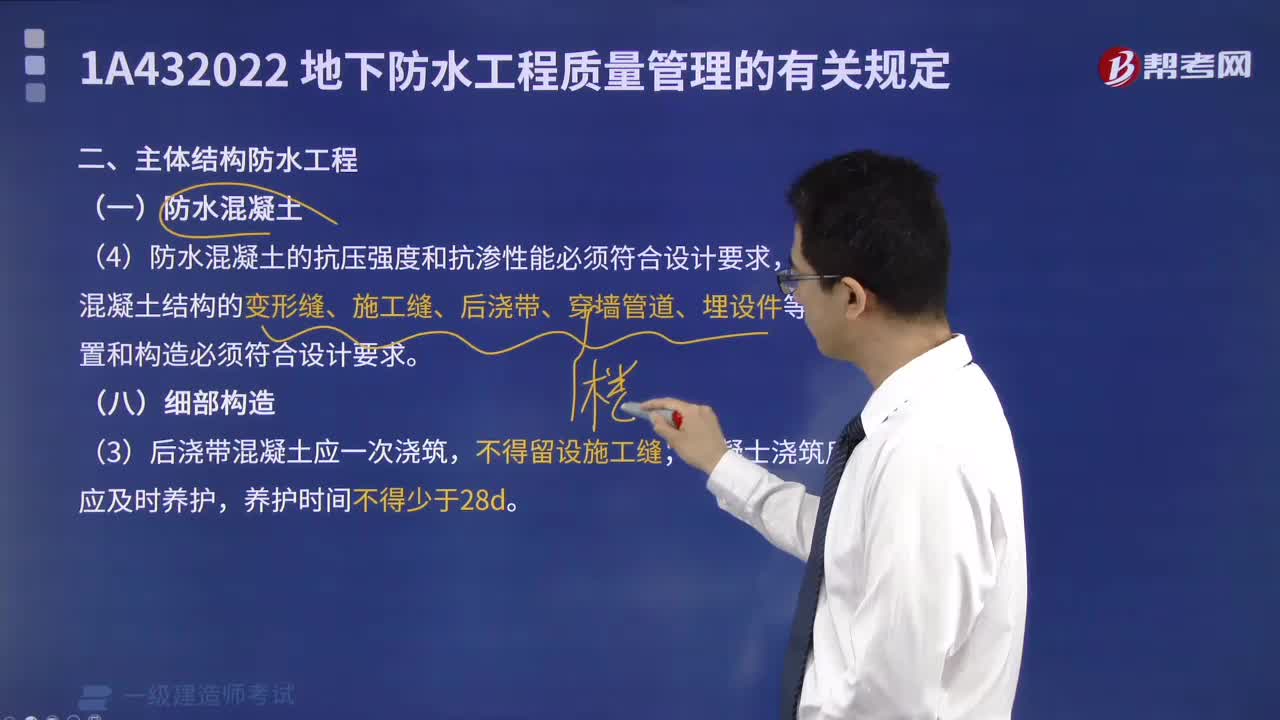 01:43
01:432022-04-07
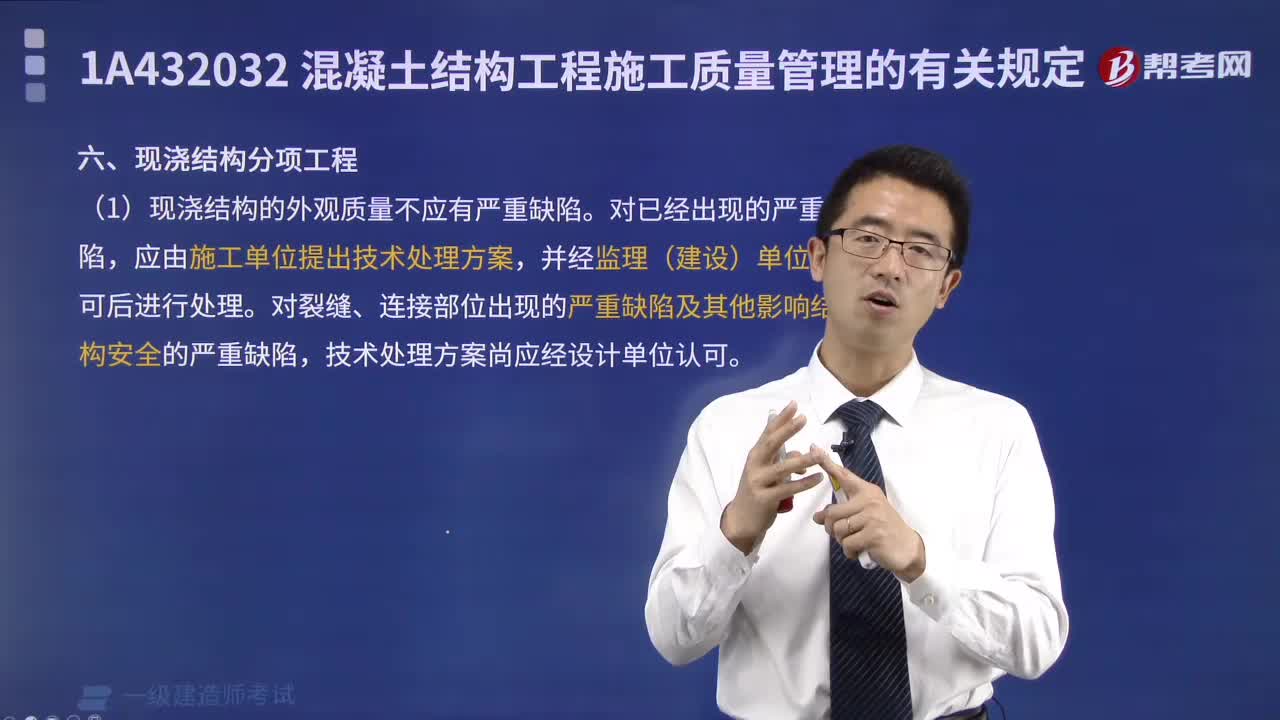 02:01
02:012022-04-07

微信扫码关注公众号
获取更多考试热门资料